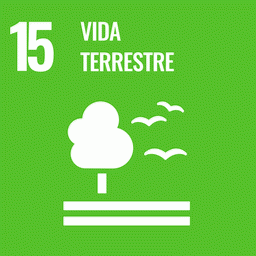In the south-eastern Amazon, positive feedbacks between land use and severe weather events are increasing the frequency and intensity of fires, threatening local biodiversity. We sampled fruit-feeding butterflies in experimental plots in a south-eastern Amazon forest: one control plot, one plot burned every 3 y, one plot burned yearly. We also measured environmental parameters (canopy cover, temperature, humidity). Our results show no significant differences in overall species richness between plots (34, 37 and 33 species respectively), although richness was lower in burned plots during the dry season. We found significant differences in community composition and structure between control and burned plots, but not between burned treatments. In the control plot, forest-specialist species represented 64% of total abundance, decreasing to 50% in burned every 3 y and 54% in yearly burned plots. Savanna specialist species were absent in the control plot, but represented respectively 8% and 3% of total abundance in burned plots. The best predictor of the change in spatial community patterns and abundance of forest specialists was canopy cover. Although we found high resilience to forest burning in many species, our study suggests that fire disturbance can still be a threat to forest specialists due to changes in microclimate.
Programa REDD para EarlyMovers – REM
O relatório apresenta e analisa os progressos e as lições preliminares aprendidas quanto à implementação de abordagens de "estoque-fluxo" (EF) para a distribuição de benefícios de sistemas de REDD+. Por ser a experiência mais concreta a adotar o EF, o Sistema de Incentivos a Serviços Ambientais (SISA) do Estado do Acre foi utilizado como fonte de aprendizado relevante.
